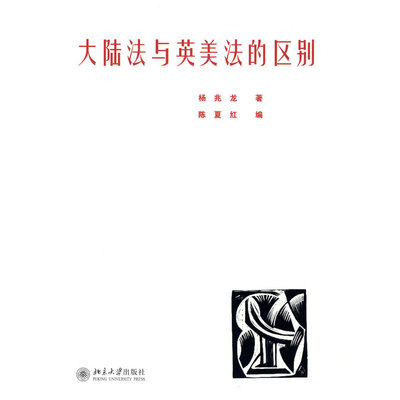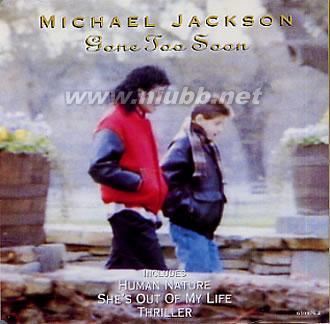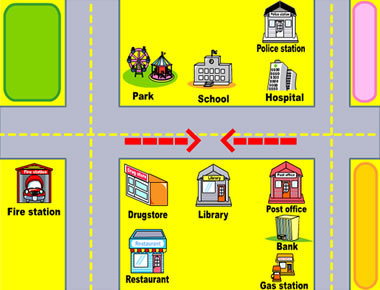汉语中的“也”在英语中有好多种表述,如also,too, either等等。Also和too表示一种肯定的意味;如果你要表达一种比较否定或者消极的感情色彩,就应当用either。“我也知道”可以说“Iknow, too”,“我也不知道”则是“Idon’t know, either”或者次一点的“Ialso don’t know”。
Lily: Shit, I don’t know how to do this math problem.
Bill: I don’t know, too.
Nope. The correct phrase is “I don’t know,either” or “I also don’t know” (worse, but technicallycorrect). Many words that work well for many usesin Chinese need to be broken into separate words inEnglish. English is a much more specificlanguage, so you need to be aware of the times when one Chineseword could be several English words, depending on thecontext. 也isone of these. This will end up as a differentword depending upon whether you mean 我也知道 or 我也不知道.The words “also” and “too” have a tone of agreement tothem. They don’t just mean “is like this otherthing;” they imply a positive situation. Whenyou’re talking about a negative situation, they sound a littleawkward. “Either” in this sense, fills thegap. Tomorrow, we will talk about another ofthese words.
 爱华网
爱华网


